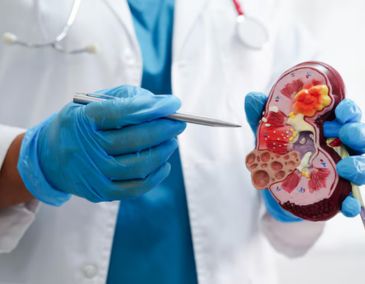COMPLETE ENDOUROLOGY
COMPLETE ENDOUROLOGY
Complete Endourology” refers to a comprehensive approach to the field of endourology, which is a subspecialty of urology. Endourology involves the use of minimally invasive techniques to diagnose and treat urinary tract disorders, primarily utilizing endoscopes and other specialized instruments.
The term “complete” in this context suggests that all aspects of endourology are covered, including diagnosis, treatment, and follow-up care for a wide range of conditions affecting the urinary tract.

This approach typically involves advanced techniques such as:
Endoscopic procedures: These involve the use of a thin, flexible instrument called an endoscope to visualize and access the urinary tract through natural openings in the body, such as the urethra. Endoscopic procedures can be used to diagnose and treat various conditions, including kidney stones, ureteral strictures, and bladder tumors.
Minimally invasive surgery: Endourological techniques often emphasize minimally invasive approaches, which involve smaller incisions and less tissue damage compared to traditional open surgery. This can result in shorter recovery times, reduced pain, and fewer complications for patients.
Stone management: Endourologists are skilled in the diagnosis and treatment of kidney stones and other urinary tract stones. This may involve techniques such as shock wave lithotripsy (SWL), ureteroscopy with laser lithotripsy, or percutaneous nephrolithotomy (PCNL) to break up and remove stones.
Treatment of benign prostatic hyperplasia (BPH): Endourology offers minimally invasive options for treating BPH, a common condition in older men that can cause urinary symptoms. Techniques such as transurethral resection of the prostate (TURP) or laser prostatectomy may be used to relieve obstruction and improve urinary flow.
Management of urinary tract tumors: Endourology plays a crucial role in the diagnosis and treatment of urinary tract tumors, including bladder cancer and upper tract urothelial carcinoma. Endoscopic techniques such as transurethral resection of bladder tumor (TURBT) or ureteroscopy with biopsy may be performed to remove or obtain samples of suspicious tissue for further evaluation.
Overall, “complete endourology” encompasses a comprehensive approach to managing a wide range of urinary tract disorders using minimally invasive techniques, with the goal of providing effective treatment while minimizing patient discomfort and recovery times.
